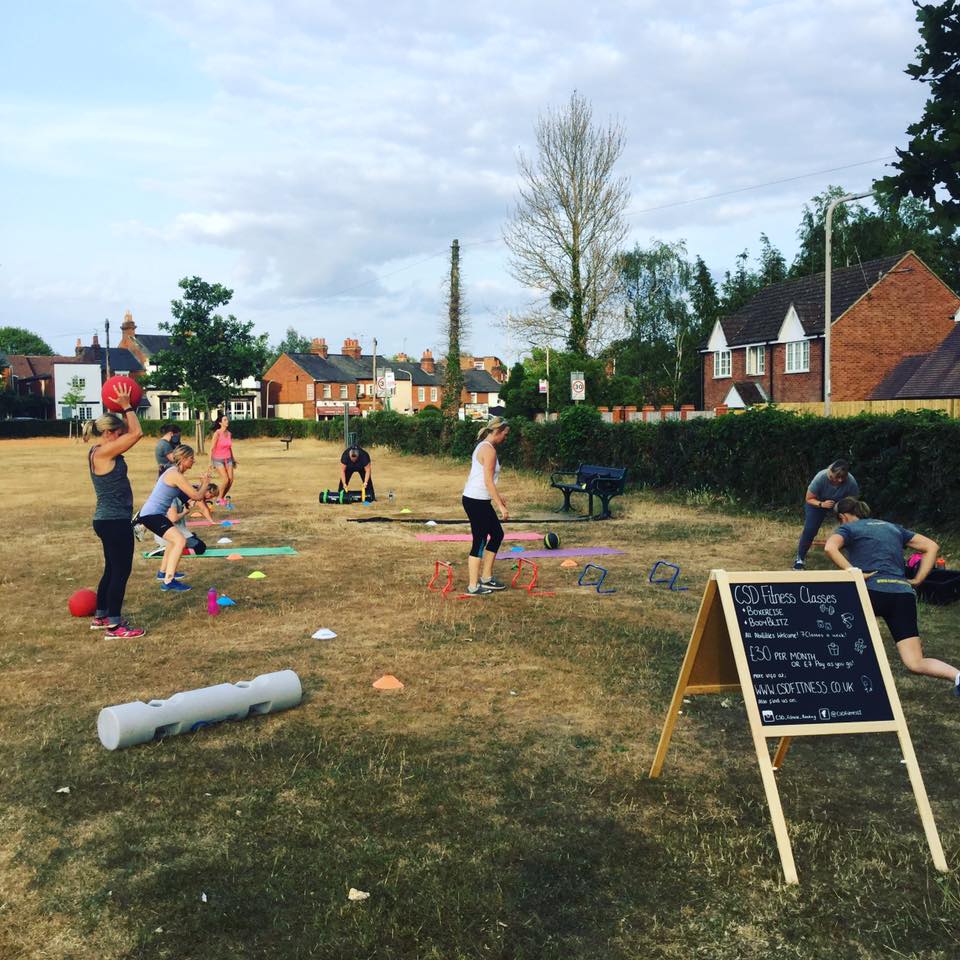The Most Common SEO Mistakes Beginners Make
As someone diving into the world of Search Engine Optimization, it’s crucial to be aware of the pitfalls that beginners often encounter. The SEO community has identified several frequent errors, such as keyword stuffing and neglecting meta tags, among others. What do you believe is the most prevalent mistake made by those new to SEO? Share your insights and best practices on how newcomers can steer clear of these common missteps!


2 responses to “What is the biggest error beginners make in SEO?”
When embarking on the journey of Search Engine Optimization (SEO), beginners often fall into several common traps. However, one of the biggest and perhaps most prevalent SEO mistakes is focusing too much on search engines rather than the user experience. Below is an exploration of this mistake and tips to help avoid it, ensuring that your SEO strategy is both robust and sustainable.
The Mistake: Prioritizing Search Engines Over User Experience
When new to SEO, it’s tempting to focus all efforts on what you believe search engines want. This might include:
While these approaches might yield temporary improvements, they are unsustainable and can even result in penalties from search engines, particularly Google, which prioritizes user satisfaction.
Why It’s a Mistake
User Experience is Key: Search engines like Google use complex algorithms designed to mimic human behavior. They prioritize websites that provide a good user experience. If users enjoy your content, spend time on your site, and engage with it, search engines will notice.
Quality Over Quantity: High-quality content naturally integrates keywords and provides value, leading to organic sharing and backlinks. This is more effective than keyword stuffing.
Increased Engagement Metrics: By focusing on user experience, you improve metrics such as dwell time, bounce rate, and click-through rate, which are increasingly important to search engines.
Tips to Avoid This Mistake
1. Focus on High-Quality Content Creation
2. Conduct Proper Keyword Research
3. Improve Site Usability and Speed
This is a great topic and incredibly relevant for anyone starting their journey in SEO! While many beginners get caught up in technical aspects like keyword optimization or backlinking strategies, I believe one of the biggest errors lies in overlooking the importance of quality content.
Content should not only be crafted with SEO in mind but should genuinely provide value to the reader. This means understanding your target audience and addressing their needs or questions with insightful, well-researched information. Instead of focusing solely on keywords, beginners should adopt a holistic approach that emphasizes relevant and engaging content that can naturally incorporate those keywords without resorting to stuffing.
Moreover, I’d suggest newcomers regularly assess their content performance using analytics tools to understand what resonates with their audience. Adaptation and continuous learning are key to thriving in the ever-evolving landscape of SEO. Encouraging a mindset of experimentation can also lead to great breakthroughs in understanding what works best!